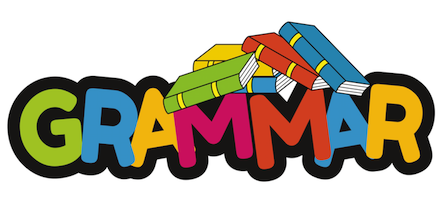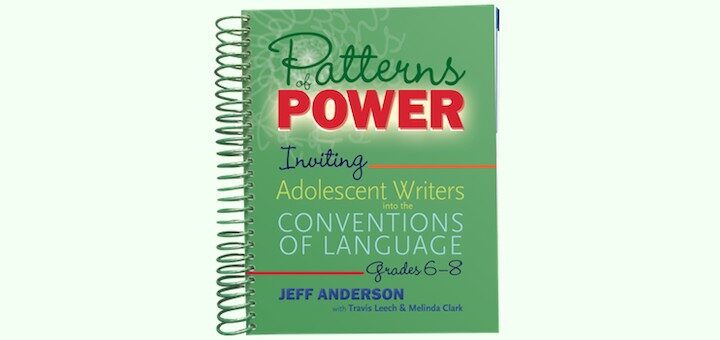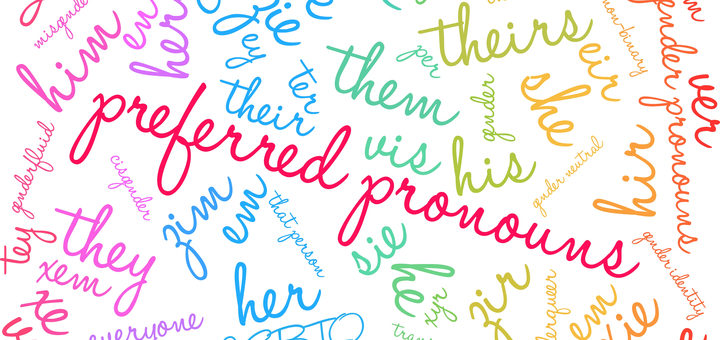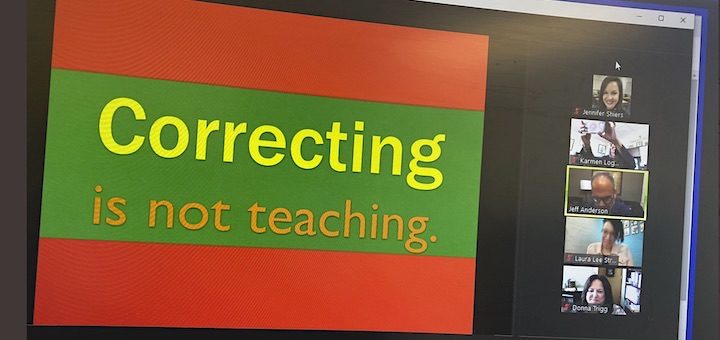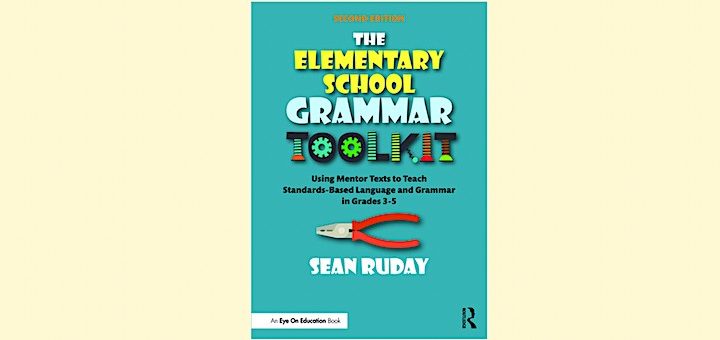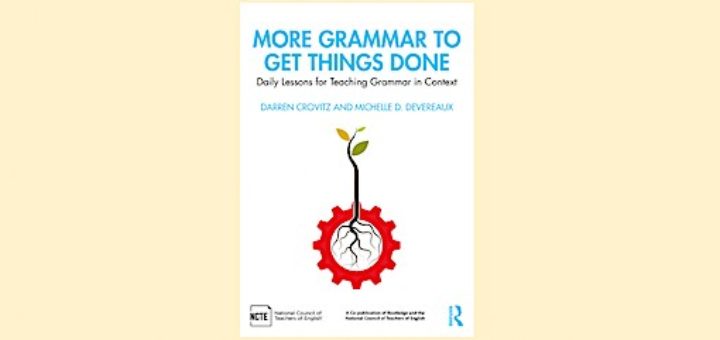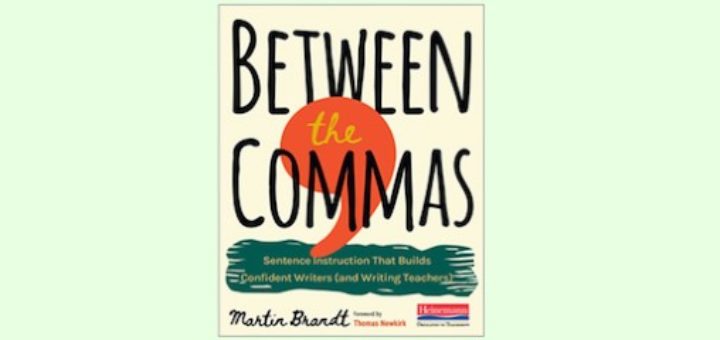Link Grammar Instruction to Real-World Situations
Grammatical concepts don’t just exist in textbooks and on worksheets. They are part of life beyond the classroom. Sean Ruday shows how – by taking an inquiry-based approach to grammar instruction – we can help our students prioritize their authentic experiences with language.


